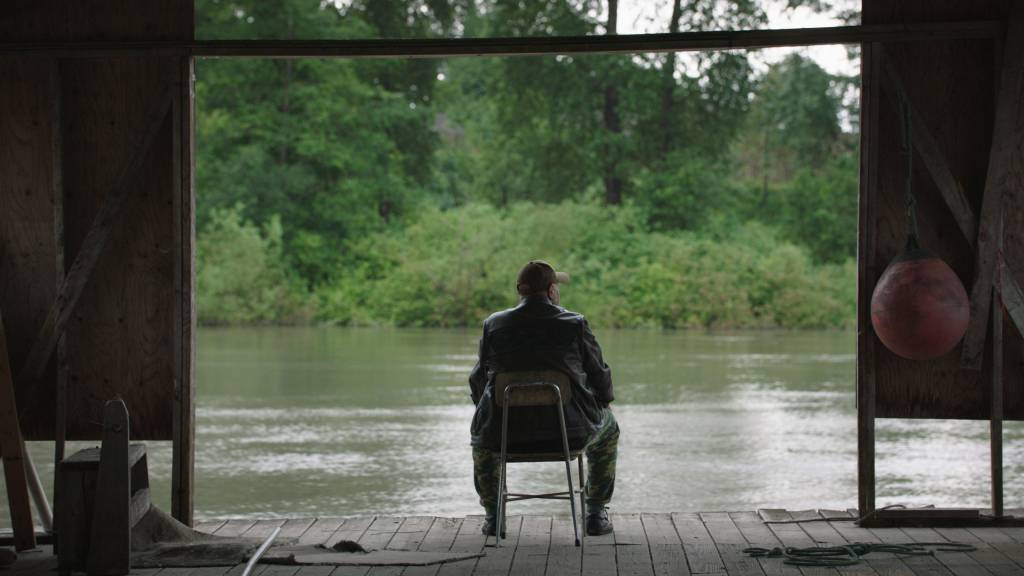The Cree word, Waapake, translates to tomorrow in English. There’s a telluric energy in Dr. Jules Arita Koostachin’s new film, invoking the spirits of children who never made it home from residential schools mandated by the Canadian government to “take the Indian out of the child.” The schools operated from the 1800s until the mid-1990s.
WaaPaKe, through candid conversations with family members and friends who have survived residential schools or are descendants of Survivors, brings emotions to the surface while seeking to quell the effects of trauma in viewing the film.
There are reprieves for people who may be triggered by the accounts of how the trauma of settler colonialism and genocide have profoundly shaped their lives and the lives of their kin. An open window with a curtain billowing, furs, beadwork, and geometric patterns to look at while people are speaking, so you can focus and not focus on what is being spoken.
WaaPaKe was presented by APTN at imagineNATIVE Film + Media Arts Festival, which ran from October 17-29, 2023. The film, a NFB production, is online at the Yellowknife International Film Festival (running for two weeks from October 28) and will be screened in person at RIDM (Rencontres internationales du documentaire de Montreal) taking place November 15-26. WaaPaKe will be available to watch on NFB.ca starting sometime in 2024.


Leave a comment